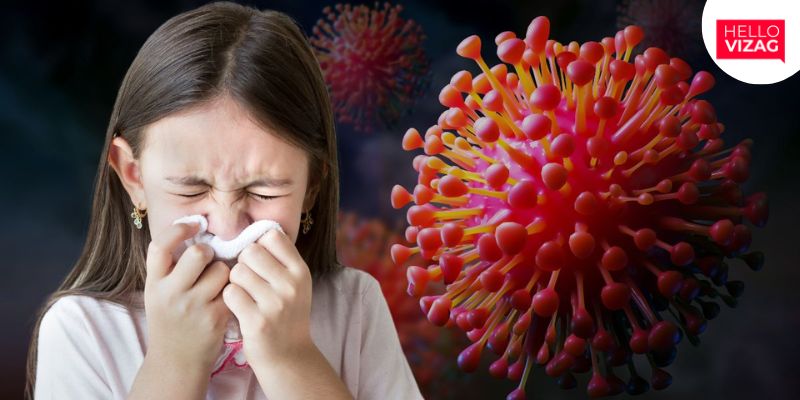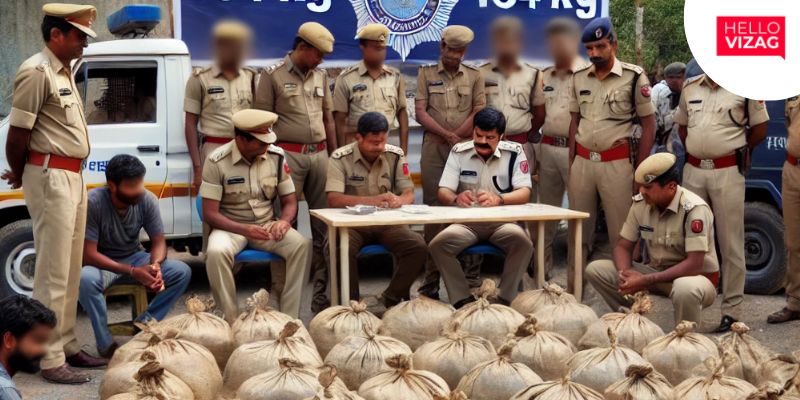HMPV Not New, No Reason to Worry: Health Minister JP Nadda as India Logs 7 Cases
India has reported seven cases of human metapneumovirus (HMPV) infections among children, with two cases each in Bengaluru, Nagpur, and Tamil Nadu, and one in Ahmedabad. Union Health Minister JP Nadda has reassured the public, stating that HMPV is not a new virus and there is no cause for concern.
"HMPV is not a new virus. It was first identified in 2001, and it has been circulating around the world for many years," Nadda said. He emphasized that the virus is often self-limiting and mostly affects children. The health ministry, along with the Indian Council of Medical Research (ICMR) and the National Centre for Disease Control (NCDC), is actively monitoring the situation.
The recent cases in India involve children with no international travel history, suggesting local transmission. In Bengaluru, a three-month-old girl and an eight-month-old boy tested positive for HMPV; both have a history of bronchopneumonia and are recovering. Another case was reported in Ahmedabad involving a two-month-old infant.
HMPV typically causes mild respiratory symptoms but can lead to severe illness in infants, the elderly, and immunocompromised individuals. Health experts advise that the situation is manageable and does not necessitate significant travel disruptions, provided travelers follow standard health precautions.
The World Health Organization (WHO) has taken cognizance of the situation and is expected to share its report shortly. Nadda assured that India's surveillance and health systems are vigilant and ready to respond promptly to any health challenges.
In light of the recent surge in respiratory illnesses in China, Indian health authorities are closely monitoring developments in neighboring countries. However, no surge in common respiratory viral pathogens has been observed in India. The health ministry continues to review data and maintain preparedness to handle any emerging health challenges.
For more information and updates, the public is advised to follow official health advisories and practice standard health precautions, especially during the winter and early spring months when respiratory viruses are more prevalent.

 Team Hello Vizag
Team Hello Vizag




















